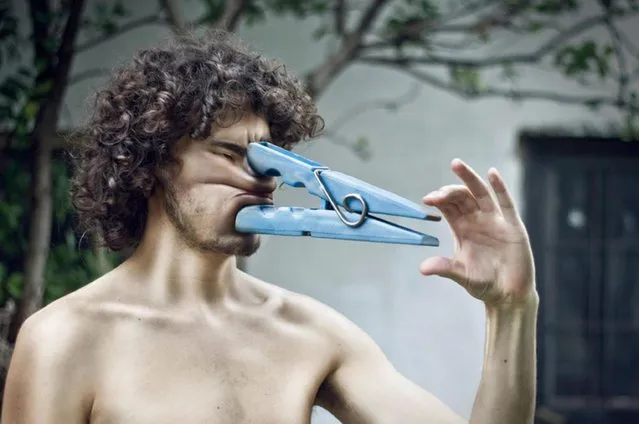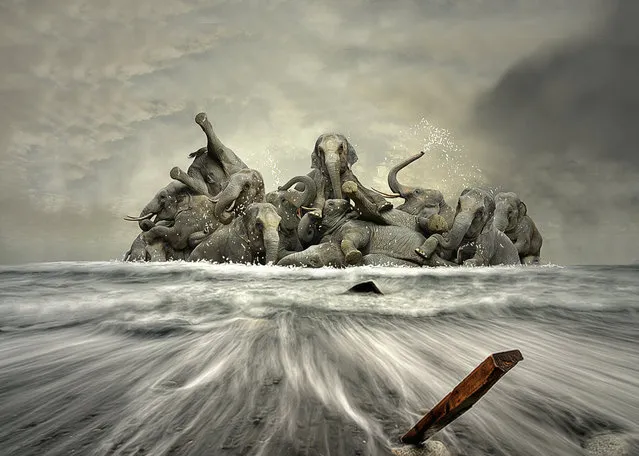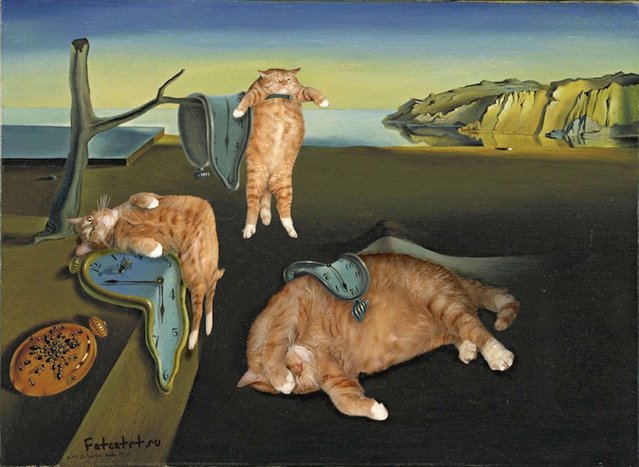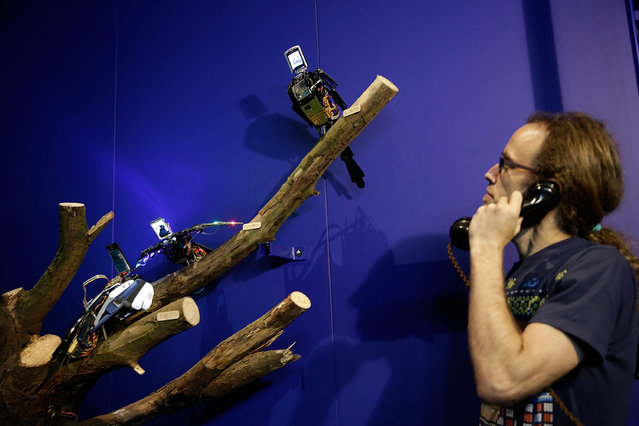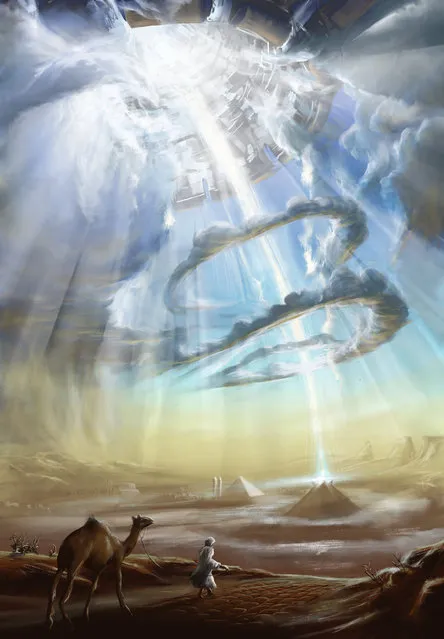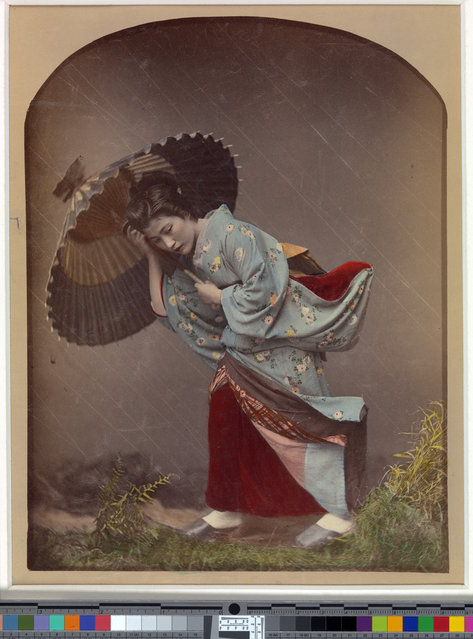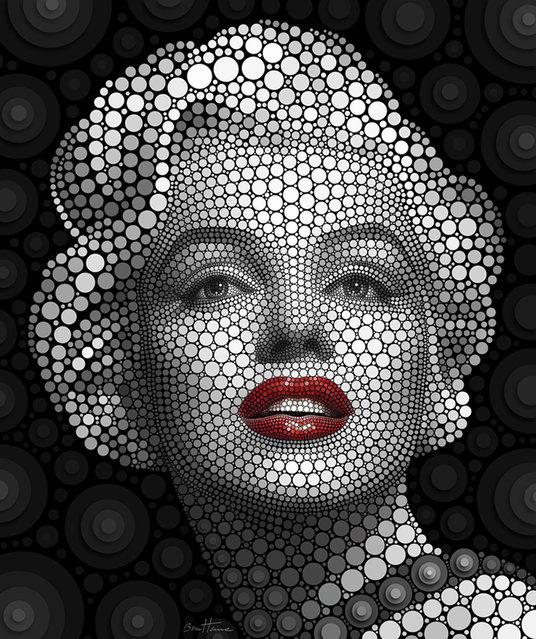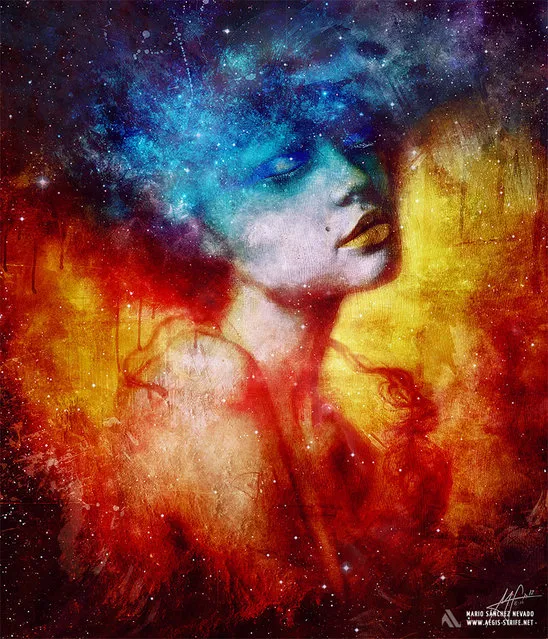
I'm an independent Art Director and Illustrator. I was born in Barcelona, risen in Murcia and currently I live on the spanish capital, Madrid. I have got more than a decade of expertise on my back, illustrating and designing for music bands and publishing houses.
Mario Sanchez Nevado
25 May 2014 10:10:00,post received
0 comments

